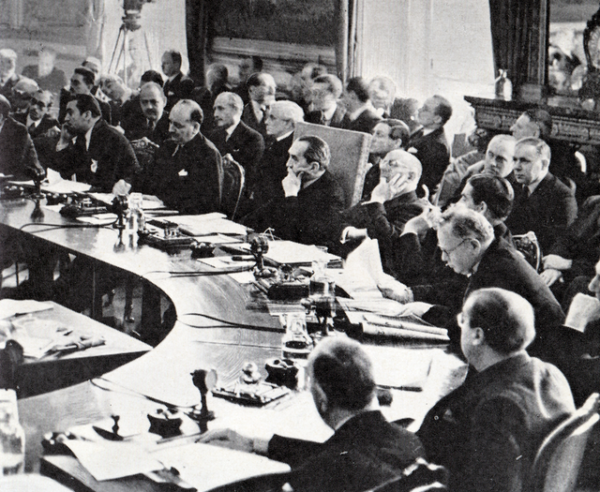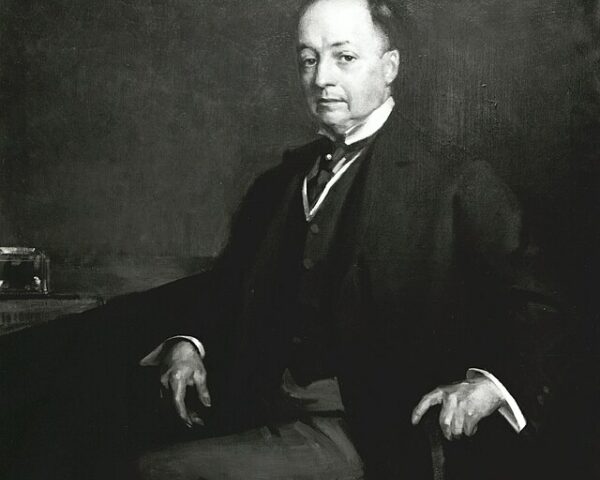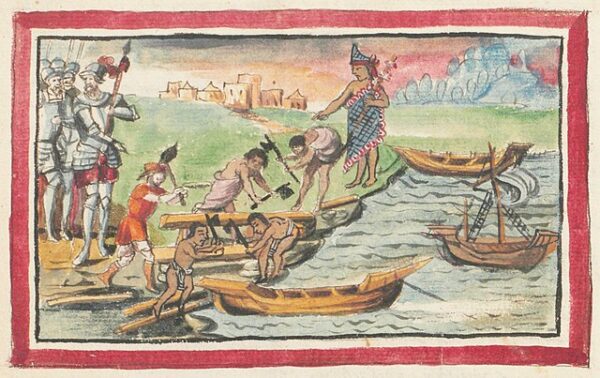The United States Senate’s rejection of the League of Nations was a defining moment in American history, highlighting significant concerns over national sovereignty, political divisions, and the nation’s global role. Following World War I, President Woodrow Wilson championed the League of Nations as a central feature of his Fourteen Points, envisioning it as a tool to foster peace and prevent future conflicts. The League’s Covenant, integrated into the Treaty of Versailles, symbolized his ideal of a cooperative global order. However, Wilson’s vision faced staunch opposition in the Senate.
Leading the opposition was Senator Henry Cabot Lodge, the Republican Majority Leader and Chair of the Senate Foreign Relations Committee. Lodge and his allies feared that Article 10 of the League’s Covenant, which mandated collective security among member nations, would erode U.S. sovereignty and obligate the country to intervene in conflicts without Congressional consent. The Senate was divided into three factions. The irreconcilables, comprising Republicans and some Democrats, opposed U.S. membership in the League under any circumstances, fearing entanglement in foreign commitments. The reservationists, led by Lodge, were open to supporting the Treaty but insisted on specific amendments to protect U.S. interests. Meanwhile, the supporters advocated for full participation in the League, believing it essential for maintaining global peace.
The Treaty of Versailles, including the League’s Covenant, underwent multiple Senate votes. On November 19, 1919, the Senate rejected the Treaty with Lodge’s proposed reservations, failing to secure the two-thirds majority required for ratification. A second vote on March 19, 1920, also fell short, reflecting the deep divisions within the Senate and across the nation.
The consequences of these decisions were profound. The rejection marked the rise of isolationism in U.S. foreign policy, as the nation withdrew from active participation in international alliances. Without the United States, the League of Nations struggled to achieve its goals, lacking the resources and authority needed to enforce its mandates. This weakness contributed to its failure to prevent global conflicts, culminating in World War II. Domestically, the League debate exacerbated partisan tensions, particularly between Wilson’s Democratic administration and the Republican-controlled Senate, leaving a lasting imprint on U.S. politics and policymaking.
The Senate’s decision to reject the League of Nations underscores the enduring tension between national sovereignty and international collaboration. This episode remains a pivotal lesson in navigating treaty negotiations, balancing executive and legislative powers, and understanding the interplay of domestic politics and foreign policy. Its legacy continues to shape discussions on the United States’ role in global affairs today.






